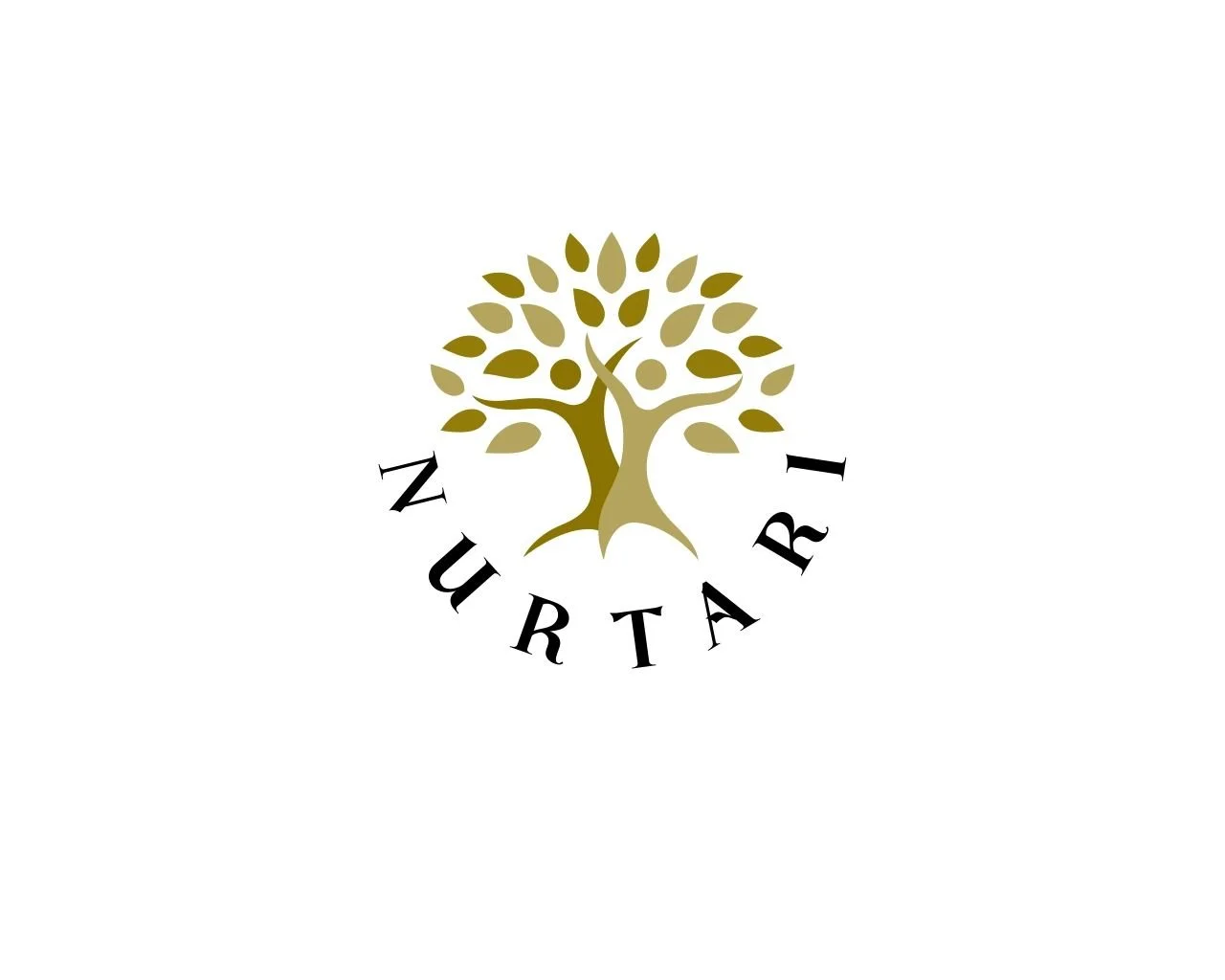When Change Feels Overwhelming: How to Ground Through Transition
Change can feel exciting, but it can also feel unsettling, even overwhelming. Whether it’s a new season, a shift in routine, or life transitions, your body and nervous system notice before your mind does. At Nurtari, we know that change isn’t just “in your head”—it’s in your body, your relationships, and your sense of safety.
Understanding the Body’s Response to Change
When something new arises, your nervous system naturally scans for safety. You may notice:
Restlessness or irritability
Difficulty sleeping
A racing mind or feeling “stuck”
Physical tension in your body
These are normal responses. Change asks your nervous system to adapt, and sometimes it needs support to do so in a regulated, safe way.
Small Practices to Ground Through Transition
Notice Your Breath
Slow, gentle breathing helps signal safety to your nervous system. Try inhaling for four counts, holding for two, and exhaling for six. Repeat for a few minutes to feel more settled.Connect With Your Senses
Name five things you can see, four things you can touch, three things you can hear, two things you can smell, and one thing you can taste. This sensory grounding can bring your attention back to the present moment.Move Your Body
Movement is a powerful tool for regulating. Even a short walk, stretching, or shaking out your hands and arms can release tension and help your nervous system adjust.Create Small, Predictable Routines
When life feels unpredictable, small rituals—like morning coffee on the balcony or journaling for five minutes—help your body feel anchored.
Practicing Self-Compassion During Change
It’s common to feel frustrated when you struggle to adapt. Remind yourself: it’s okay to need time, and it’s okay to seek support. Change isn’t linear, and your nervous system doesn’t need to do it all at once. Simple acts of kindness toward yourself—like saying, “I’m doing the best I can”—can help your body and mind feel safer.
When to Reach Out for Support
If transitions feel persistently overwhelming, or you notice anxiety, panic, or exhaustion impacting daily life, it may help to connect with a professional. At Nurtari, our team offers support for navigating change, grounding the nervous system, and building resilience—so you don’t have to do it alone.
Takeaway: Change isn’t just a mental process—it’s embodied. By grounding your body, slowing your breath, and practicing self-compassion, you can navigate transitions with more ease, safety, and curiosity.
